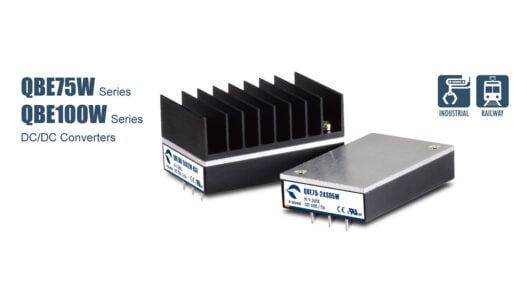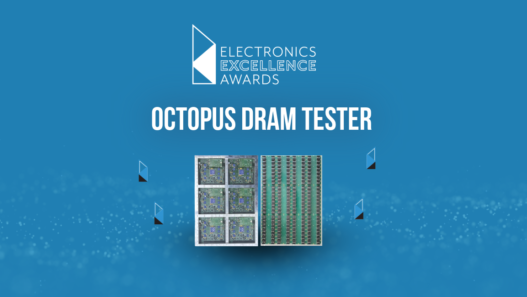Presenting on Hybrid Buses: Advantages, Disadvantages and Lessons Learned, Knichel focused on Torotrak’s experience of designing, developing and testing its Flybrid mechanical Kinetic Energy Recovery System (KERS), which is currently installed in a Wrightbus StreetLite that is undergoing passenger trials as part of the Arriva fleet in Kent.
“There is widespread recognition that hybrid buses will be integral to a low carbon public transport network in the UK, but operators need to ensure they are fully conversant with the different technologies on offer, particularly with regard to cost,” said Knichel. “Capital investment, training requirements, service costs and re-sale value are all significant considerations in the buying process for a ‘conventional’ vehicle and there is no reason for a hybrid purchase to be approached any differently.”
“We believe that a mechanical KERS design fitted to a vehicle such as the Wrightbus StreetLite is the ideal solution for operators wanting a robust, cost-effective route to establishing or extending a hybrid presence in their fleet,” commented Knichel. “Our goal from the outset was to develop a system that works in ‘real-life’ without subsidy, requires no bespoke employee training or additional infrastructure and delivers good residual value – and this is exactly what we have achieved.”
The Flybrid KERS for buses has a design life of 1,000,00km / 40,000 hours of operation / 8,000,000 charge/discharge cycles, effectively equivalent to the working life of the vehicle to which it is fitted. Torotrak cites the additional capital investment needed for a Flybrid installation as one quarter that of the requirement for a full battery electric hybrid, with a payback timescale of less than five years wholly realistic.
The discussions about technologies and legislation at the IMechE Seminar were very timely for bus manufacturers and fleet operators in the UK, with applications for the first round of grant from the new Low Emission Bus (LEB) Scheme having to be submitted by 31st October. Launched earlier this year following consultation with the Low Carbon Vehicle Partnership, the LEB commits the Government to make at least £30m available over the next three years to support the purchase of new, more fuel-efficient buses. Operators can apply for funding towards the additional cost of low carbon technologies such as hybrid systems, in comparison to the cost of equivalent diesel vehicles.
Torotrak’s Flybrid system qualifies for the maximum 75% subsidy available under the LEB regulations for its class of technology, making the commercial proposition even more attractive to bus operators. “Flybrid technology already offers a long life, low-maintenance hybrid solution with significant advantages in respect of initial capital investment and subsequent fuel savings and vehicle residual value,” explained Knichel. “The opportunity to apply for grant funding that could more than halve the payback period to just two years only makes it even more compelling.”







